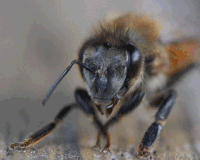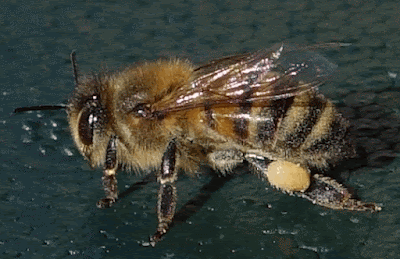Introduction:
In the lush landscapes of Northeast India, amidst the vibrant flora and fauna, lies a sweet secret that has been buzzing around for centuries – Apis dorsata dorsata Fabr., also known as the Giant Honeybee. While many may think of honey as just a tasty treat, the consumption of honey produced by these industrious bees offers a myriad of health benefits that have been cherished by the people of Northeast India for generations. Join us as we delve into the fascinating world of Apis dorsata dorsata Fabr. and uncover its remarkable health-enhancing properties.
The journey of Apis dorsata dorsata Fabr. from hive to table is an ancient tradition deeply rooted in the cultural tapestry of Northeast India. Skilled honey hunters venture into the dense forests, armed with nothing but their knowledge passed down through generations and a keen eye for spotting honeycombs nestled high in the trees. With bravery and precision, they gather the golden nectar, all while respecting the delicate balance of nature and the vital role that bees play in pollination and ecosystem health.
3. A Soothing Salve: The Healing Properties of Apis dorsata dorsata Fabr.
The consumption of Apis dorsata dorsata Fabr. honey is not only a treat for the taste buds but also a boon for gut health. With its prebiotic properties, honey serves as a nourishing food source for beneficial gut bacteria, promoting a healthy microbiome and aiding in digestion. Regular consumption of honey may help alleviate digestive issues such as bloating, constipation, and indigestion, ensuring optimal gastrointestinal function and overall well-being.
Forget about artificial energy drinks – Apis dorsata dorsata Fabr. honey is nature's own energy booster! Packed with carbohydrates and natural sugars like fructose and glucose, honey provides a quick and sustainable source of energy to fuel your daily activities. Whether you're hitting the trails for a hike or powering through a busy workday, a spoonful of honey can provide the pep you need to keep going, without the crash associated with processed sugars.
Conclusion:
In conclusion, the consumption of Apis dorsata dorsata Fabr. honey in Northeast India is not just a culinary tradition; it's a testament to the remarkable health benefits that nature provides. From its nutritional value to its healing properties and beyond, honey produced by these industrious bees offers a holistic approach to wellness that has stood the test of time. Additionally, the larva of these bees is also edible and provides a protein-rich source of sustenance.
Why should we consider eating insects (entomophagy)?
Entomophagy offers a sustainable protein source that requires fewer resources such as land, water, and feed compared to traditional livestock. Insects are highly nutritious, rich in protein, healthy fats, vitamins, and minerals. Embracing entomophagy can help address food security and environmental challenges.
Are all insects safe and suitable for consumption?
Not all insects are safe for consumption, as some may carry toxins or pathogens harmful to humans. However, many edible insect species have been identified and consumed safely for centuries across various cultures. It's crucial to source insects from reputable suppliers and ensure they are raised and prepared in hygienic conditions to mitigate any health risks.
How can insects be incorporated into our diets?
Insects can be incorporated into diets in various ways, including as whole insects, ground into flour for baking, or processed into products like protein bars and snacks. They can also be cooked and seasoned to suit different culinary preferences. As awareness of entomophagy grows, innovative recipes and products are emerging, making it easier for individuals to incorporate insects into their diets seamlessly.




.png)




